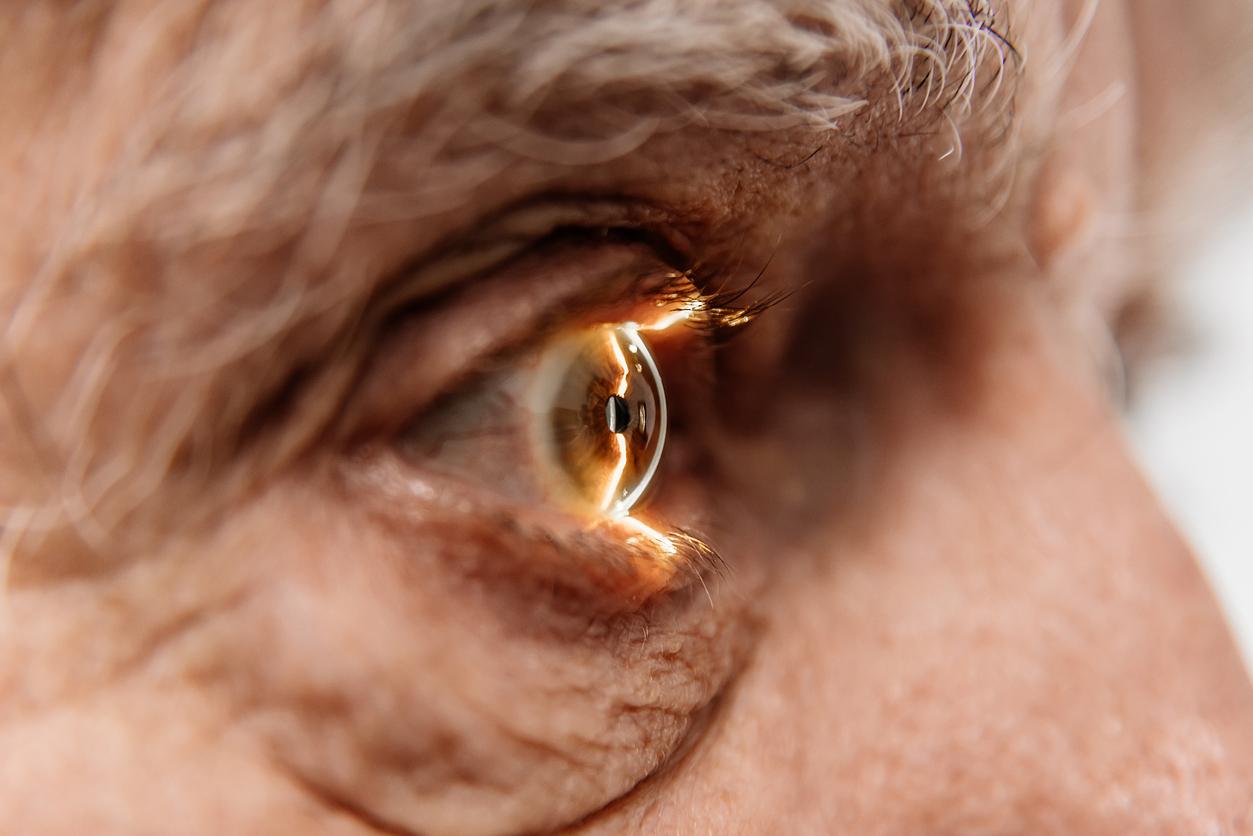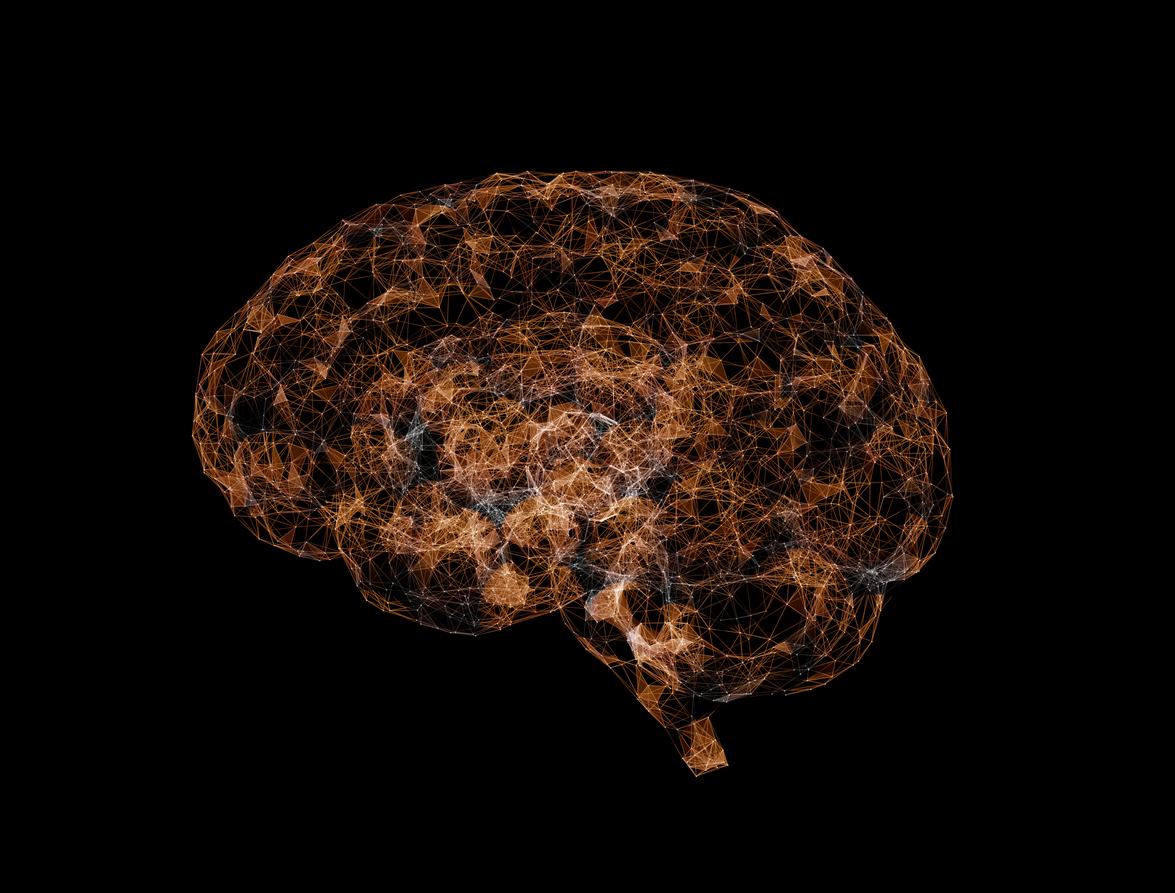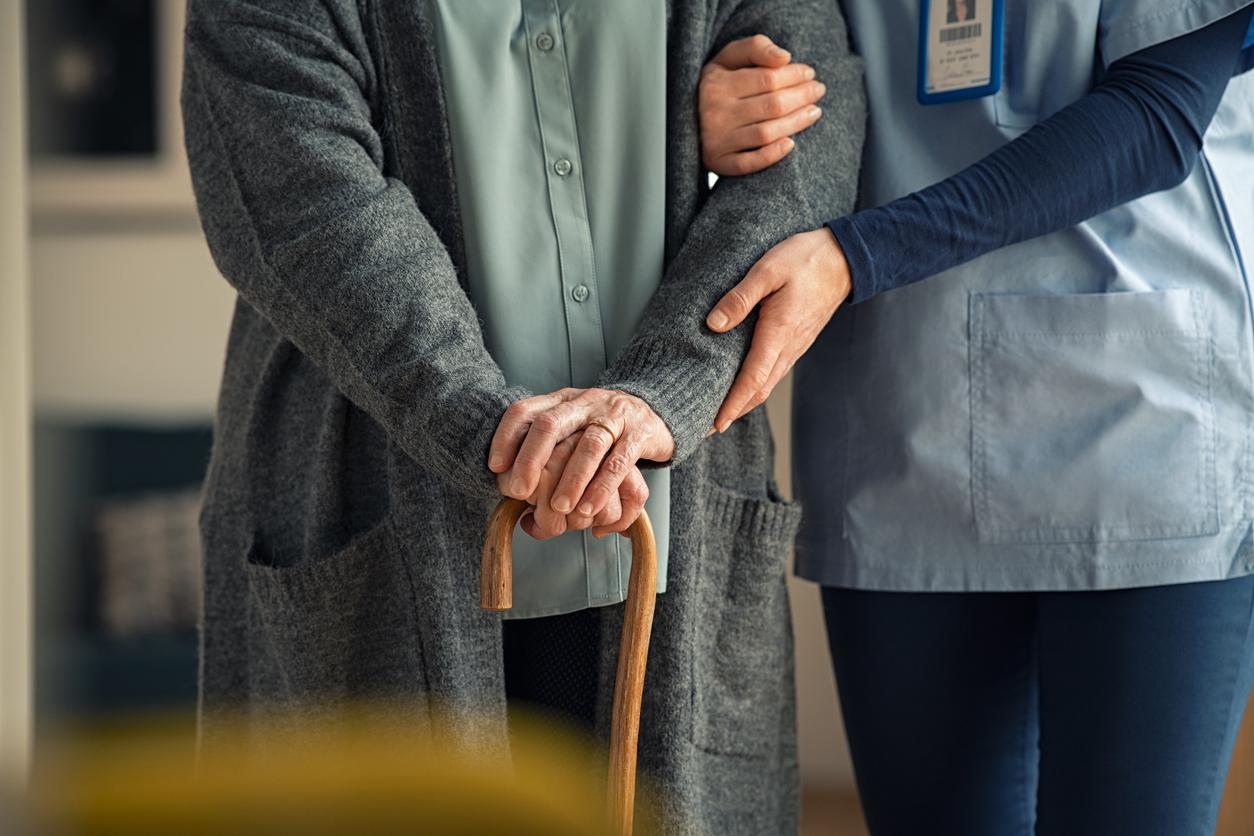Medical advances, lifestyle, “health capital”… In his latest work, the doctor and aging specialist Christophe de Jaeger explores the new sciences of longevity which could well, one day, make us live without problem until 150 years old.

“Is this the end of planned obsolescence of human beings?”questions Christophe de Jaeger in his latest book entitled Longevity medicine: a revolution!, published at the end of 2023 by Guy Trédaniel. The doctor, an expert in aging or rather senescence, responds resolutely in the affirmative.
Why Doctor: Humans have always wanted to push the boundaries of their life expectancy. How does he now have the means to do so?
Christophe de Jaeger : Today we have reached a level of technical progress and medical and scientific knowledge which allows us to identify more precisely the mechanisms involved in senescence. The term aging does not mean much, it is only a marker of the passage of time: a 15 year old child is “old” compared to a 6 year old. From conception to the end of puberty, aging is positive: in biology, we call this development. It is from the end of adolescence that we enter the phase of “senescence”: this is characterized by a progressive decrease in our functional capacities, a degradation of all our systems (cardiac, immune, cerebral …) which will weaken our body and lead us to pathologies. The real revolution today is that we are able to better measure these different mechanisms and interfere with them. This is where the notion of longevity medicine emerges: it is not simply health medicine, but health medicine combined through longevity. The majority of people consider longevity as something pejorative, often mentioning Jeanne Calment, the oldest of humanity, in a very sad state at the end of her life at 122 years old. However, the issue is not to live as long as possible, but to remain in the best possible condition, for as long as possible. Except that this requires interventions: we must use all the resources of technology to measure our physiological age (and thus know where we are functionally), but also examine all the processes of this senescence in the blood to correct them. Until now, medical advances have been used to diagnose and treat diseases, whereas now they can be used to assess, maintain and optimize our health. This is the scientific introduction to the notion of “health capital” and its maintenance.
The challenge is not to live as long as possible, but to remain in the best possible condition, for as long as possible. Except that this requires intervention.
How to maintain this health capital physiologically?
After decades of research, we know that lifestyle, namely diet and physical activity, is not enough. It is necessary to go further by giving the body what it needs to function well – and I am not talking about drugs, but purely physiological elements. The human body is like a car: as it is driven, it wears out, and for it to function as long as possible, certain ingredients must be added during maintenance, such as manufacturer’s oil. It’s the same principle with longevity medicine: it’s about maintaining your body by providing it with elements that inexorably decrease as you age and weaken it. This is the case for example of vitamin D, a hormone which has a strong impact on the bone system, on brain aging, but also immunity by preventing certain cancers. There are 150 other molecules that can be measured using a simple blood test, such as coenzyme Q10, selenium, pregnenolone, melatonin, B vitamins, etc.
Would it therefore be enough to monitor our possible deficiencies and, accordingly, take vitamin and mineral treatments to rebalance our body?
Firstly, to use the car analogy, you have to use the right fuel, that is to say, eat healthily, and drive sensibly, by accelerating gently and braking in anticipation, this which corresponds to physical exercise. It is also necessary to ban toxic substances as much as possible. Although these basic hygienic and dietary rules are common sense, today we tend to consider that health is only lost in illness, whereas it is lost well before, in the long term. Our role is to preserve this health capital on a daily basis, and not just to call on medicine when we need it.
One of the key principles for maintaining health as long as possible is to avoid overloading your body with sugars, which lead to the phenomenon of glycation.
We can slow down aging, but can we technically stop it, or even rejuvenate? This is what the American millionaire claims to have succeeded in doing Bryan Johnson…
This is based on a realistic principle: measuring the physiological age of your different organs at a given time, and trying to intervene on each of them. DNA, as it ages, will become covered in methyl radicals: the more it is methylated, the older it is. However, like Bryan Johnson, we can modify this DNA methylation by influencing certain behaviors (nutrition, sport, etc.) and by correcting certain deficits using all kinds of supplements. But the millionaire did not rejuvenate his DNA, he “simply” made it less methylated, and therefore more functional.
What is currently the worst enemy of healthy aging? What is most likely to cause disease?
One of the key principles for maintaining health as long as possible is to avoid overloading your body with sugar. Sugars lead to the phenomenon of glycation: when it is in excess in the blood, the sugar will behave like a sort of glue, which will aggregate the proteins, making them inactive, and therefore leading to inflammation of the entire body. organism (under the skin, in the eyes, the brain, the arteries, the nerves…) and lead us to pathologies. We still consume too much sugar in our society, especially when we want to relax, when we should avoid it as much as possible.
Our current lives are not conducive to healthy aging, even if it must be recognized that advances in medicine have made it possible to better treat chronic illnesses and extend life expectancy.
To age well, should we follow the example of residents of “blue zones”, where we statistically find the most centenarians in good health?
The blue zones are proof that certain behaviors can help us age better: their inhabitants follow a Mediterranean diet (plants, fish, etc.) and rather frugal, they remain active physically (each one works to their extent) and psychologically (they are always integrated into the community and contribute to it on their own scale, even seniors), and they have very little anxiety thanks to very codified lifestyle habits. This is the opposite of what we find in our Western societies, with an increased sedentary lifestyle, a majority of inactive, isolated and sick retirees, and chronic stress. Our current lives are not conducive to healthy aging, even if it must be recognized that advances in medicine have made it possible to better treat chronic diseases and considerably extend life expectancy, notably thanks to vaccines and antibiotics. .
Can we count on longevity science to one day alter aging? After all, we are capable, in theory, in the laboratory, of immortalizing cells, rejuvenating stem cells…
We have been able to immortalize cells in the laboratory for more than thirty years… We have the technology, but it is struggling to reach the general public. In 2012, the Japanese Shinya Yamanaka received the Nobel Prize for his work on stem cells: by modifying their genome, he succeeded in rejuvenating them for good, so that they regain the capacities of young cells. But these are genetic manipulations whose consequences we do not know. Ultimately, won’t this cause cancer in the body? We do not yet have the necessary perspective. Although the process is quite barbaric, we are also capable of rejuvenating small mammals. This is called heterochronic parabiosis: by connecting the vascular systems of a young individual and an older individual, the older individual becomes younger, and really, not just functionally. In this quest for youth, the United States has gone very far: in a few clinics opened in California, it was possible to buy blood – which is marketable in the country – from young subjects and to inject it into older subjects. aged. But this didn’t yield any results, because it’s more complicated than that. Still, the “possibility of” brings hope, and perhaps in 15 or 20 years, depending on the resources made available for research, this could yield astonishing things. Each of us must be aware that we will eventually be able to benefit from this progress, so the urgent thing is to stay in good health now to have a chance of benefiting from it one day.
In my opinion, there are many more faculties in human beings than in machines. The real answer lies in biology, not in transferring our brains to a chip.
Do you think that humans will be able to live very old and in good health without an ounce of transhumanism?
The notion of “longevism” that I develop in my book is opposed to “transhumanism”, which sees technology as a way of increasing oneself, physically and cognitively. In my opinion, there are many more faculties in human beings than in machines. For example, some studies have revealed that a microscopic proportion of our DNA is equivalent, in terms of storage, to hundreds of hard drives. Our biology has an extraordinary capacity for information and recovery, we simply have to learn to work on it and regenerate our body. The real answer lies in biology, not in transferring our brains to a chip.
Will aging soon be nothing more than an illness that can be treated in the long term?
For the first time, the notion of senescence appears in the international classification of diseases [CIM 11]. Little by little, we are getting closer to the idea that this progressive wear and tear of the body is the mother of all illnesses, the original illness. The problem is the dissociation that exists between the future capabilities of our science and the desire of human beings to want to participate in this revolution: at the individual level, we all want to live better for longer, but for that, it is necessary to change your lifestyle, to make sacrifices, and too few people are ready to make them. Furthermore, there is the technical aspect but what about the psychological aspect? Are we really meant to live 150 years? Will our brain be able to adapt? We will perhaps realize that people who exceed a certain age commit suicide, because they can no longer cope with existence or do not have the sufficient cognitive capacity to see beyond a certain age… Also imagine that some people could live to a very old age and others could not: how would that change our relationships with others? It’s a blank page…

















